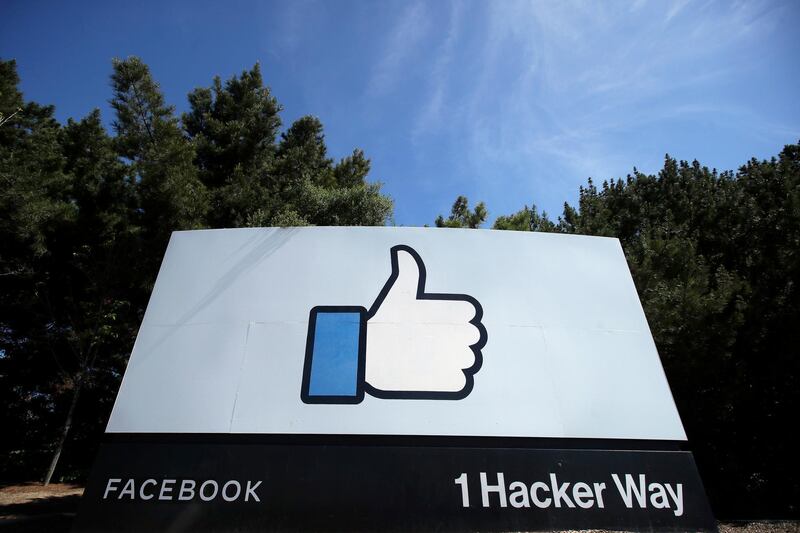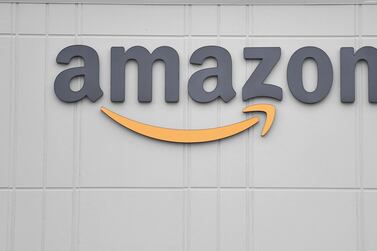A federal judge dismissed two antitrust cases filed by the US government and a coalition of states against Facebook on Monday.
In Washington, US district judge James Boasberg granted Facebook's request to dismiss the lawsuits filed last year by the US Federal Trade Commission and state attorneys general.
The commission failed to meet the burden for establishing that Facebook has a monopoly on social networking, the judge said.
However, Judge Boasberg said the commission can try again and gave it 30 days to attempt to file an amended lawsuit.
The decision is a blow to the commission and the states, who argue Facebook breached antitrust laws by buying photo-sharing app Instagram and messaging service WhatsApp to cut off emerging competitive threats and protect its monopoly.
Here is a rundown by The National on antitrust lawsuits, who enforces them, why regulators are rallying against Big Tech and some prominent monopoly cases in the past.
What are antitrust laws?
Antitrust laws, also referred to as competition laws, are statutes developed by governments to protect consumers from predatory business practices and ensure fair competition.
If these laws did not exist, consumers would not benefit from different options or competition in the marketplace. They would be forced to pay higher prices and have access to a limited supply of products and services.
Regulatory crackdown
US President Joe Biden recently named Lina Khan as chairwoman of the Federal Trade Commission, putting one of the most prominent advocates of aggressive antitrust enforcement against US technology companies in charge of the agency.
Members of Congress from both parties champion stronger oversight of the technology industry, arguing that its market power is crushing smaller competitors and endangering consumer privacy.
Who enforces these lawsuits?
In the US, both the FTC and the US Department of Justice's antitrust division enforce the federal antitrust laws. The FTC devotes most of its resources to certain segments of the economy, including those where consumer spending is high: health care, pharmaceuticals, professional services, food, energy and certain high-tech industries such as computer technology and internet services.
Final decisions issued by the FTC may be appealed in a US Court of Appeals and, ultimately, in the US Supreme Court.
State attorneys general can also play an important role in antitrust enforcement on matters of particular concern to local businesses or consumers.
The US has three major federal antitrust laws – the Sherman Antitrust Act, the Clayton Act and the Federal Trade Commission Act.
Major antitrust cases in the past
There have been quite a few cases of large companies embroiled with the US government on antitrust laws that have involved everything from computers to the oil industry.
Telecoms company AT&T ended a seven-year antitrust case in 1981 by agreeing to break itself up to create seven independent companies that would each be responsible for serving a different region of the country, essentially breaking apart the monopoly it had enjoyed.
Another significant antitrust case was filed by the US government in 1921 against Kodak. This case resulted in a consent decree in which Kodak agreed not to sell private-label film and would only sell its own film.
Kodak also agreed to a consent decree in 1954 with the government. The suit was filed shortly after Kodak created colour film, making it the only company that understood how to process the new technology.
Kodak incorporated this advantage into its business strategy by charging consumers a fee to send the film to the company, which would process it and then deliver it back to customers.
What happened with the antitrust case against Microsoft?
The government's antitrust case against Microsoft about 20 years ago included several lines of argument but the core of it was whether the company illegally bundled its web browser, Internet Explorer, with its market-dominating Windows operating system, in turn closing out opportunities for other browsers, including Netscape Navigator.
Microsoft and the government reached a fairly narrow settlement in 2001. That settlement did not establish that Microsoft’s bundling of Internet Explorer with Windows was illegal, nor did it require Microsoft to unbundle its browser from Windows.
However, it restricted the terms and conditions that Microsoft could impose on PC makers who distributed Windows.









